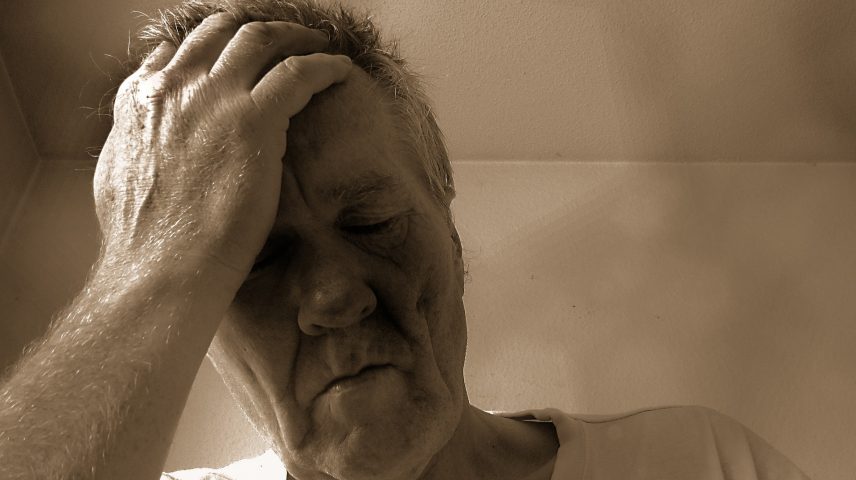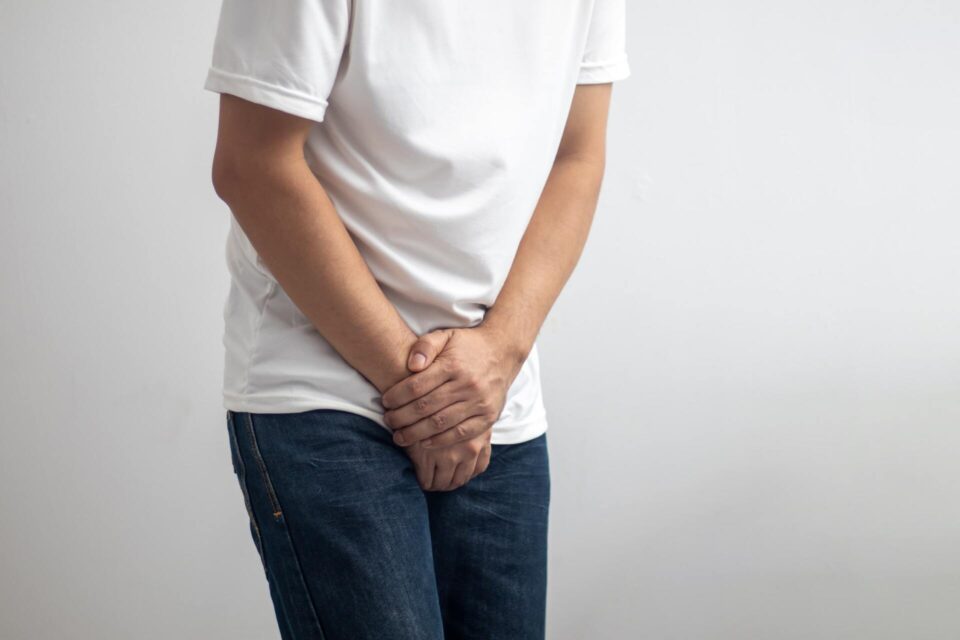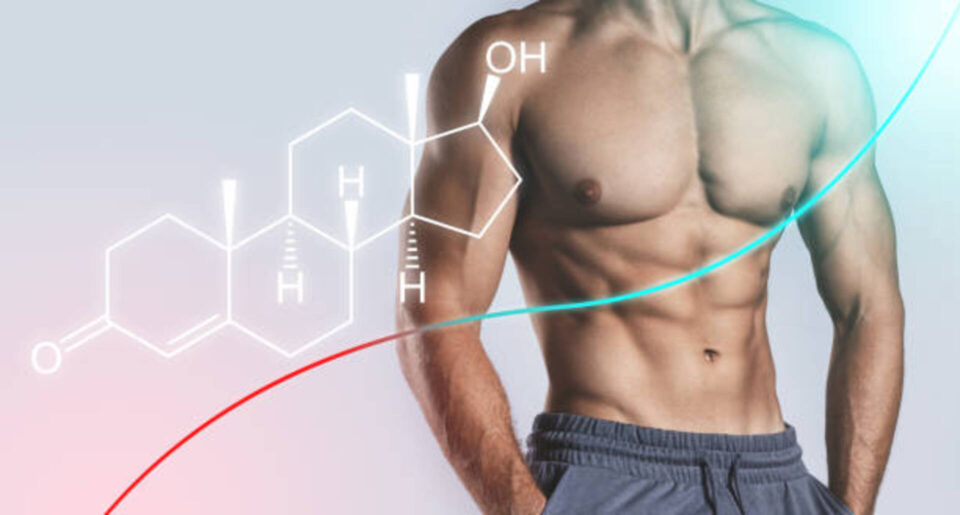
Low testosterone, or low T as it is commonly referred, is fairly common in men, especially as they get older. Two out of ten men in their 60’s and three out of ten men in their 70’s and 80’s have low T, according to the American Urological Association. But low T also affects men as young as their 30’s and 40’s. While some men don’t notice the effects of low T, other men can feel and see drastic changes in their body.
Do you think you may be suffering from low T? Here are some of the most common symptoms of low T.
- Low Sex Drive
Testosterone is a very important part of a man’s libido, or sex drive. When testosterone levels are low, men commonly experience a drastic drop in sexual desire. This is common as you get older, but happens must faster and more pronounced with low T.
- Muscle loss
Muscles are constantly building up or breaking down depending upon the stress put upon them. Someone with low T may notice, however, that losing muscle mass is happening too easily. While low T does not affect the function or strength of muscles, it does have an effect on the ability to build muscle mass.
- Fatigue
This is perhaps the most commonly felt symptom of low testosterone. Many men see a urologist or low T specialist when they experience a constant state of fatigue. Being tired all the time with no real reason to pin it on may be a sign you have low T. This is often experienced as lack of motivation, restless sleep, or not feeling rested after sleeping.
- Extra Body Weight
While it’s not definitive that that having low testosterone causes weight gain, it is important to understand how fat cells affect testosterone. Fat cells play a role in converting testosterone into estrogen, the female sex hormone. The more fat cells present, the higher chance of that happening. Obesity and low T are commonly seen together with men. Raising your testosterone levels might be as simple as eating healthy, exercising, and losing weight.
- Erectile Dysfunction
Hormones like testosterone are designed to send messages to various parts of your body. Testosterone specifically carries the signal necessary to cause an erection. It doesn’t cause the erection directly, but stimulates the receptors in the brain that produce nitric oxide, a necessary chemical for an erection to be possible. When testosterone is low, achieving an erection may become difficult. While there are many other factors contributing to erectile dysfunction, treating low T may cause improvement in this area.
- Hair Loss
One of the many bodily functions in which testosterone play a key role is hair production. As men get older, balding is a natural occurrence. It is a common hereditary trait. However, men suffering from low T may experience balding at a younger age, as well as hair loss of the body and face.
- Mood Disorders, like Depression
It is perfectly normal to have days when you feel sad or happy. Mood changes are a normal part of our body’s processes and are considered healthy. However, extreme mood changes tell a different story, especially in regard to hormones. Men with low T are more likely to deal with depression, irritability and lack of focus, among other mood issues.
This is not a comprehensive list of low testosterone symptoms, but these are some of themost common. The good news is that low T is treatable. With the right strategy inplace, whether it’s treatment, or lifestyle changes, you can see improvements in each area above.
Do you suffer from any of these symptoms? If so, you may suffer from low T. At Northwoods Urology, we specialize in treating low testosterone and can get you back to feeling normal again. Schedule a visit and talk with us about your symptoms. It’s time to say goodbye to low T.




